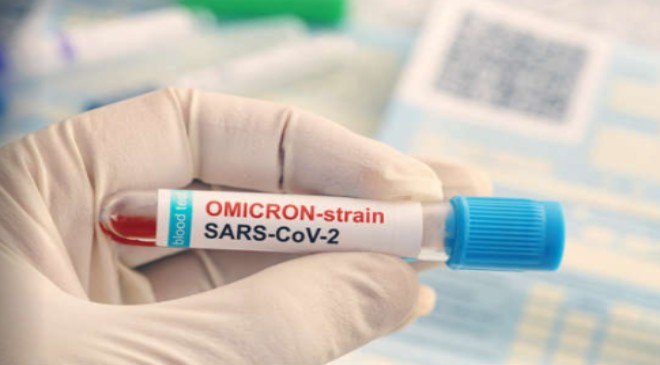In its latest travel advisory issued Monday, the U.S. Centers for Disease Control (CDC) moved Canada to its highest risk level category, “Level 4: Very High COVID-19.”
With the new designation, most of the world’s countries as well as nearly every county in the U.S. are on the agency’s list of places to which Americans travelers should avoid non-essential trips. There are currently 81 countries and territories ranked as Level 4 by the CDC, with nearly all of Europe, Scandinavia, Canada, and the U.S. a deep shade of red (which indicates the highest level of transmission) on the organization’s world map tracking the virus
“If you must travel to these destinations, make sure you are fully vaccinated before travel,” the CDC travel guidelines say.
Read More : What to Know If An SSSS Code Shows Up on Your Boarding Pass
A handful of countries, including Mexico and most countries in South America, are ranked in the CDC’s slightly less urgent category “Level 3: COVID-19 High.”
While the majority of destinations are still allowing fully vaccinated travelers to visit if they follow certain testing protocols, many governments are discouraging tourists. Canada, for one, has been ramping up testing requirements for arriving visitors, and the nation’s government has also been discouraging its citizens from traveling abroad.
On the other end of the spectrum, Mexico’s borders remain open to travelers from both the U.S. and around the world with very few restrictions: Travelers aren’t currently required to show a negative test result to enter. Similarly, the U.K. recently relaxed its requirement for a pre-departure test for fully vaccinated travelers in favor of a test within two days of arrival.
But advice from health officials in the U.S. on what modes of travel are safe have slowly been growing more stringent in recent weeks. In late December, the CDC travel guidelines for cruise ships were upgraded to Level 4, and the top infectious disease doctor in the U.S. Dr. Anthony Fauci made a more vocal case for a vaccination requirement for domestic flights, saying in an interview with MSNBC that the measure is “something that should be seriously considered.”









































